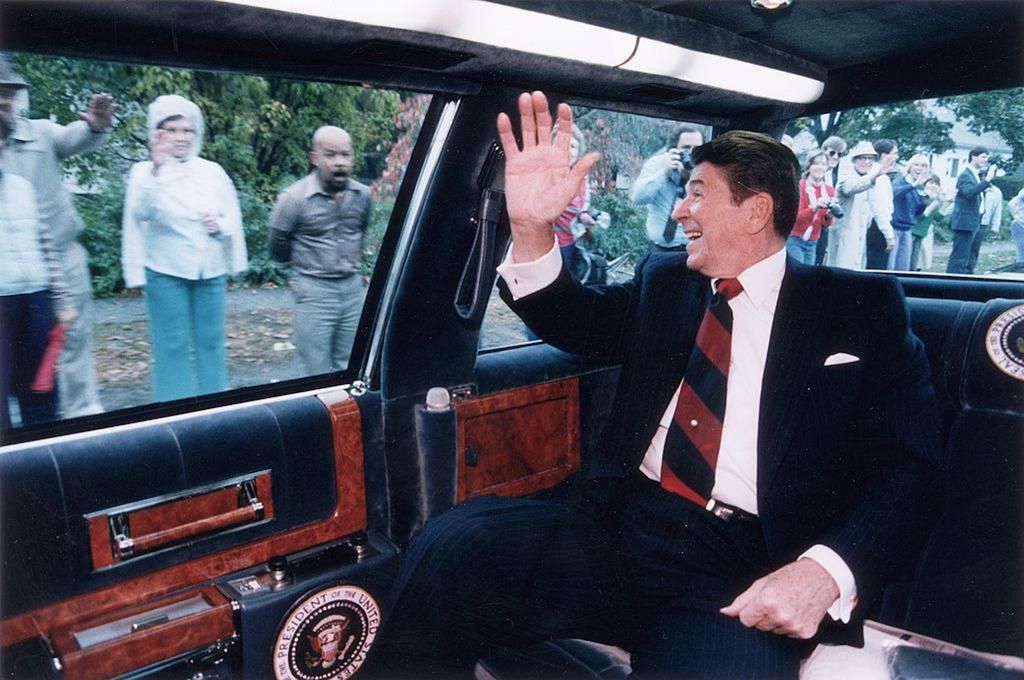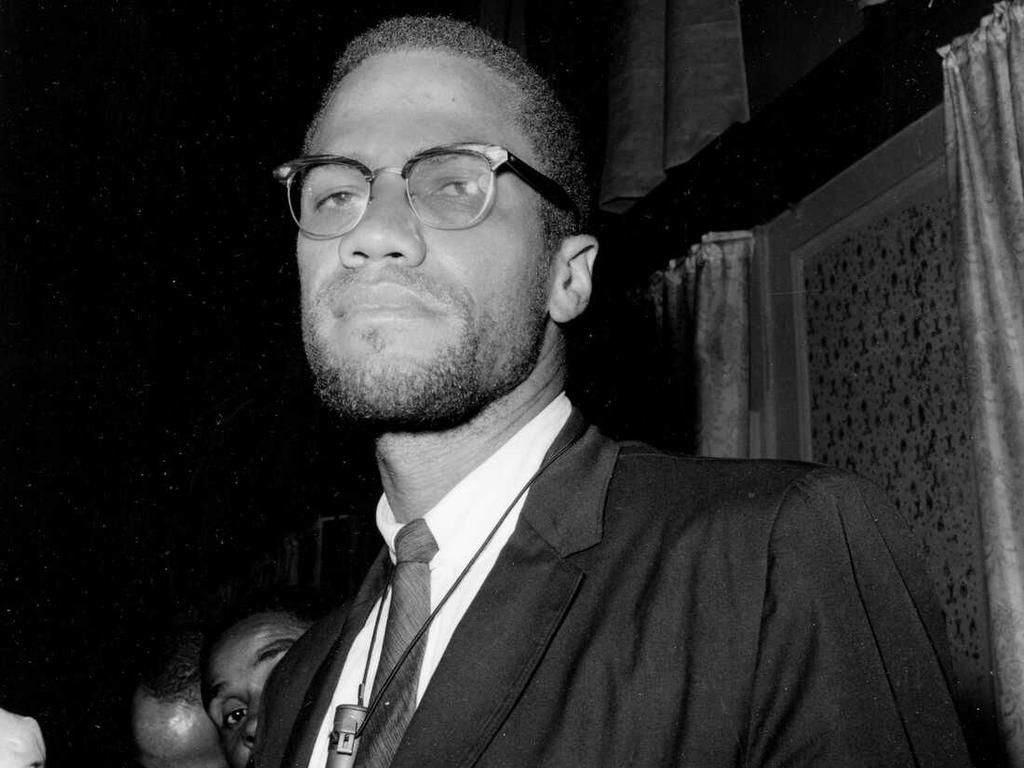Was Gangsta rap an FBI creation?
)
"I will never change my mind on this," Candace concluded.
In response, O’Shea Jackson Jr, who is popularly known as Ice Cube, the West Coast hip-hop icon, deferred Then he provided a quick sketch of what he describes as the origin of the term "gangsta rap."
"We called it Reality Rap the industry coined it Gangsta Rap. The fans wanted gangsta rap and that's what they got. The Feds didn't write none of my s**t. I’m a real MC," he wrote.
It’s the economy, stupid
"The economy, stupid" is a phrase that was coined by James Carville in 1992. Carville was a strategist in Bill Clinton's successful 1992 U.S. presidential election against incumbent George H. W. Bush, otherwise known as Bush Sr.
The phrase can be adapted to the rise of gangsta rap, a subgenre of rap music that conveys the culture and values typical of urban American gangs.
That’s because with the rise of Ronald Reagan, who served as US president for 8 years in the 1980s, the economy turned its guns, so to speak, on the urban poor. And picked them off, one by one, from society’s economic pecking order.

Reaganomics, the term applied to Ronald Reagan’s neoliberal economic policies while in office, lined the already silver-lined pockets of the US managerial class while raising a middle finger to society’s most vulnerable communities – African Americans and Latinos.
The newly created “marginalised class” in the inner cities would be plagued by urban blight, poverty, drugs and gang violence, while arts programmes suffered massive cuts.
This left many of the urban dispossessed, the so-called lumpenproletariat, with few ways to address their own situation.
Inner city folk felt disenfranchised by the economy, they had no money to spend (vote) on what they wished to purchase.
And their voices were further stifled by subtly institutionalised racism. Out of this situation, angry youths turned to Hip-hop in order to express themselves against a status quo in need of redressing.
Hip-hop then grew into a culturally impactful form of artistic expression, when rap groups such as N.W.A (Niggas With Attitude) raised a Black Panther-esque fist and screamed ‘F—k the Police!’
Gangsta rap grows
In the years that followed, a budding movement for social equity and political inclusion grew alongside the violent world of gangsta rap. Through the late 1980s and early 90s, a consciousness alive to the need for change started to permeate the culture.
Sadly, this consciousness also stoked a violent inclination on the part of gangsta rappers to get justice by any means necessary, in echo of slain African American Muslim Minister (in the 1950s and 60s) and activist, Malcolm X.
In 1989, artist KRS-One came up with the term “edutainment”, a blending of social commentary with hip-hop music. This was a positive departure from the undying embers of gangsta rap.
Furthermore, KRS-One co-founded a movement called Stop the Violence. Its goal was to address the violence in black communities and how it was either heightened or allayed by gangsta rap.
There were also rappers who gravitated towards the Nation of Islam as a means to finding succour from all the gangsta rap-inspired violence and godless nihilism that came with it.
As recently as 2020, rapper Busta Rhymes, real name Trevor George Smith Jr, a self-identified member of the Five-Percent Nation, featured Nation of Islam leader Louis Farrakhan on his album with the single E.L.E. 2 The Wrath of God.
Malcolm X links
Gangsta rap and the responses to it were clearly influenced by forces outside of the ambit of government design. Malcolm X’s speeches were cut and remixed in gangsta and non-gangsta songs throughout the 1990s to emphasise this.

“If violence is wrong in America, violence is wrong abroad. If it’s wrong to be violent defending Black women and Black children and Black babies and Black men, then it’s wrong for America to draft us and make us violent abroad in defence of her,” ran a snippet from a 1963 Malcolm X speech, which was appropriated by rapper Gang Starr in the song Tonz ‘O’ Gunz, released in 1994 to address the epidemic of illegal guns in black neighbourhoods.
The album By All Means Necessary released in 1988 by Boogie Down Productions, had Malcolm X peeking through a window, while holding a rifle as he guards his home, as cover art.
This image alone tells us how gangsta rap was born as a form of self-expression and self-defence against the very forces Candace Owens claims created it. How ironic.

)
)
)
)
)
)
)
)